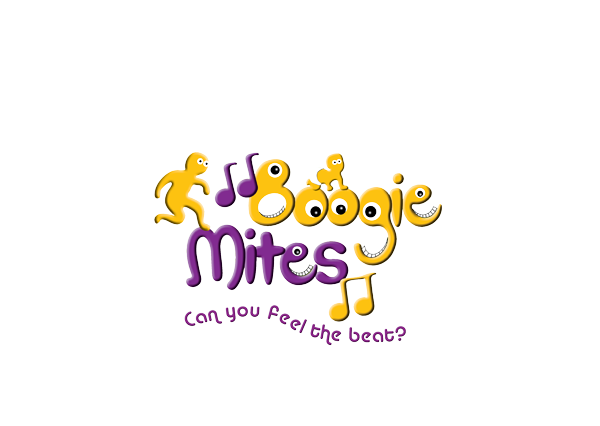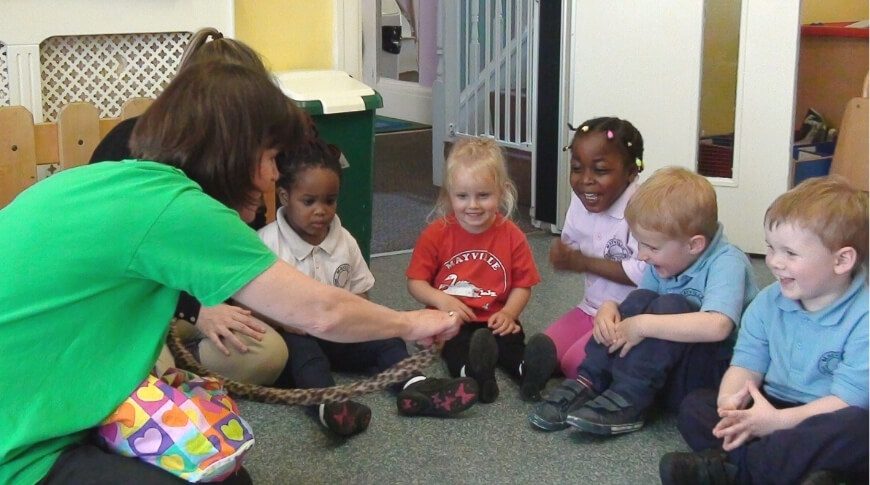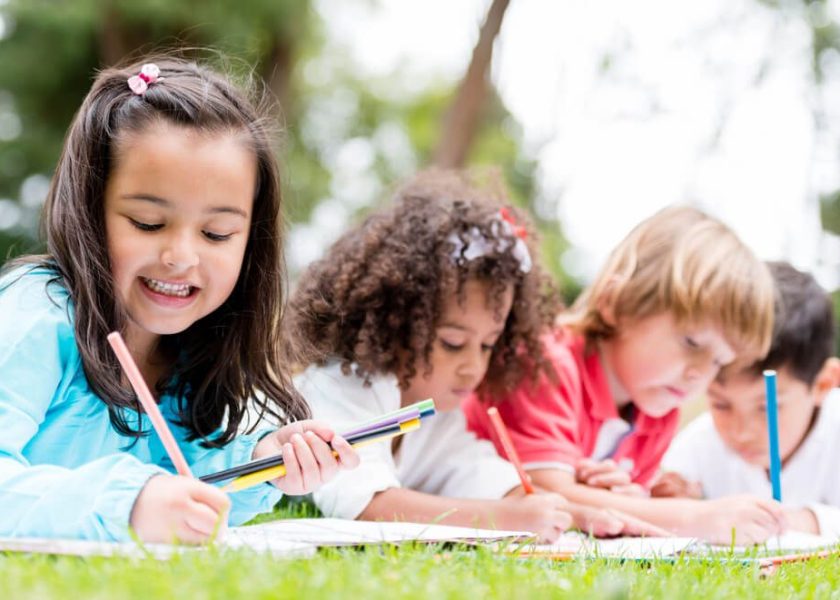Maths is a specific area of the EYFS, accompanying expressive arts and design, literacy and understanding of the world. But while maths learning does not begin from birth, recognition of it does.
“Babies as young as five months are aware of quantities and notice changes in amounts of objects.” (teachearlyyears.com) That’s why ‘maths talk’ is so important in the EY’s:
- Numbers
- Shapes
- Measures
- Calculating
“Children’s understanding of number starts from birth and develops gradually. Before the age of one year, children develop an awareness of number names and, with the right support from the adults around them, use these in their speech as soon as they talk.”
Adults can support the development of maths through recognition of maths in everyday language e.g.:
“Which one is the biggest?”
“Can you share the grapes with 4 in each bowl”
“How old are you? How old are you next year?”
We often watch some children, as young as 3, excel in mathematics with the ability to count to 20 or more, whilst their peers aren’t quite as quick to learn. We know that children develop at different rates, so we need to support those who do not have the same confidence or opportunities provided by a rich learning environment.
The foundation for maths learning is a recognition of patterns and sequences. Maths is all around us and certainly maths is everywhere in music and movement.
If, as mathematicians suggest, maths is the science of pattern, it is clear that music and dance are the art of pattern.
MUSIC AND MATHS
As we point out in our blog post: The Links and Benefits of Music and Maths:
Music is full of mathematics. Rhythm is about exploring the way different numbers interact.’ It is, in fact, built from recurring mathematical patterns and sequences. Research has shown that participating in music activities boosts mathematical thinking and skills. In turn, creating a fun way to increase practitioners, and children’s, confidence in the subject.
MUSIC AND MEMORY
Music is great for memory. Music therapy is often used for elderly residents with dementia, and music has been used in place of language for pre-literate children.
MAKE MATHS FUN
We have written a new maths song to make numbers fun and exciting for early years children and to promote our School Ready Maths Music Programme. We want rid of the stigma that maths is ‘too difficult’ at an early stage, so that we don’t hear ‘maths isn’t for me’ and ‘I can’t do maths’ later in life. We want to make maths fun through music in early years.
SOMETHING FOR YOU TO TRY…
We have been writing a brand new maths song to support your maths learning during the lockdown period. Listen to a snippet here.
You can get our new maths song Hey, hey, say it again (number bonds to 10) to support your maths learning here:
Hey, hey, say it again (number bonds to 10)
The free song is suitable for 4/5 year olds and our maths programme develops children’s maths from age 2, supporting the foundations ready for learning number bonds to ten and other maths learning goals in Year R.
We understand that EYFS planning can be time consuming and here at Boogie Mites, we have created fun, engaging and brain-boosting music activities that meet the criteria for the Early Years Foundation Stage. Our Maths programme has been reviewed and recommended by The National Numeracy parental engagement pedagogical team:
‘I have spent a lovely few hours listening to the songs and following the activities in my head. It is a super resource and you have incorporated excellent direct links to the EY Maths standards for mathematics. The activities contribute to developing number sense and pattern early and this is so important! I have no hesitation in recommending this for inclusion on National Numeracy’s Family Maths Toolkit.’
Sue Skyrme, National Numeracy.
For enquiries, contact Sue Newman, Boogie Mites director: [email protected] or call her on 023 92 817274






